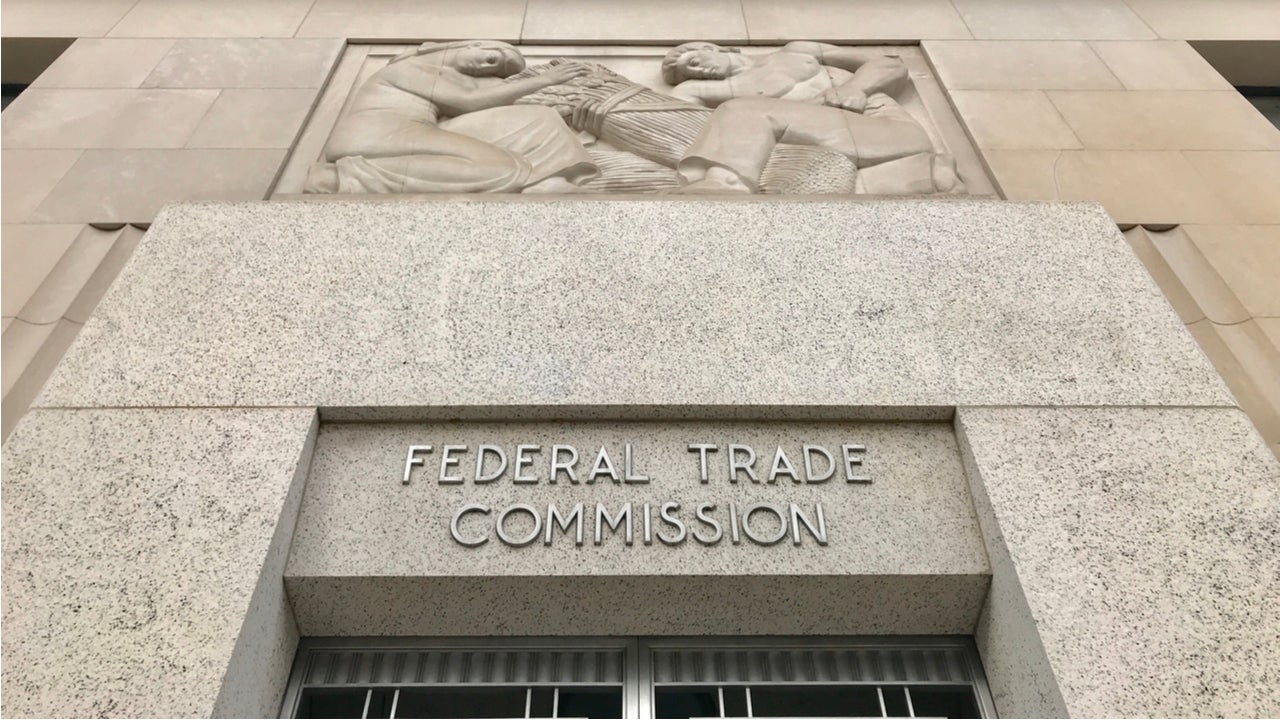
The US Federal Trade Commission (FTC) has criticised Facebook for using “misleading claims” to justify its ban of Ad Observatory researcher accounts used to investigate targeted political ads on the social media platform.
Facebook on Tuesday suspended the accounts, apps and Facebook pages associated with the project run by New York University. Facebook claimed the researchers were using data scraping methods that violated the terms of service it had introduced to adhere to a consent agreement with the FTC.

Access deeper industry intelligence
Experience unmatched clarity with a single platform that combines unique data, AI, and human expertise.
But on Thursday the FTC wrote to Facebook CEO Mark Zuckerberg rebuking this claim. The regulator added that it received “no notice” from Facebook that it would cite the consent decree to justify banning the researchers.
“Had you honoured your commitment to contact us in advance, we would have pointed out that the consent decree does not bar Facebook from creating exceptions for good-faith research in the public interest,” wrote Samuel Levine wrote, acting director of the bureau of consumer protection at the FTC.
Facebook has now agreed with the FTC, with a spokesman telling Wired that the consent decree was not a reason to disable the researchers’ accounts. However, Facebook continued to assert that the researchers violated its privacy terms of service, which requires permission from the tech behemoth to use automation to scrape data from the platform – regardless of the intention.
“While I appreciate that Facebook has now corrected the record, I am disappointed by how your company has conducted itself in this matter,” Levine told Zuckerberg.

US Tariffs are shifting - will you react or anticipate?
Don’t let policy changes catch you off guard. Stay proactive with real-time data and expert analysis.
By GlobalDataFacebook users can choose to install the Ad Observer browser extension, which makes copies of the targeted ads that appear in the user’s feed. They are then added to a database for academic research. The project was launched in September 2020 to monitor the use of targeted political ads during the US presidential election. The Ad Observatory said it doesn’t collect personal information and will never ask for data that identifies people.
Laura Edelson, doctoral candidate in computer science at New York University Tandon School of Engineering and the lead researcher behind NYU Cybersecurity for Democracy, which operates Ad Observer, said she was “very gratified for the FTC’s clarification”.
She added: “It’s time for Facebook to reinstate our accounts and allow our research to continue. We hope to put this incident behind us and return to our work fighting disinformation online.”
Over the last several years, we’ve used this access to uncover systemic flaws in the Facebook Ad Library, identify misinformation in political ads including many sowing distrust in our election system, and to study Facebook’s apparent amplification of partisan misinformation. 2/4
— Laura Edelson (@LauraEdelson2) August 4, 2021
Edelson and fellow Ad Observatory researcher Damon McCoy are now being represented by The Knight First Amendment Institute at Columbia University and First Amendment specialists at Ballard Spahr.
Alex Abdo, litigation director at the Knight First Amendment Institute at Columbia University, said: “Facebook has relied from the outset on a misguided argument that the consent decree requires it to shut down even good-faith and privacy-preserving research. Now that the FTC has rejected this claim, Facebook should formally establish an exception to its terms of service for research that protects privacy and serves the public interest.”
In 2019 the FTC slapped Facebook with a record $5bn fine for allowing third-party apps to scrape information on Facebook users without their consent. The FTC also made Facebook agree to terms, including the consent decree.
This activity came to light with the Cambridge Analytica scandal, in which Facebook user data were being used without consent for targeted political ads during the 2016 presidential election – precisely the type of misuse that the Ad Observatory was created to investigate.
The Facebook researcher ban dispute comes as the tech giant faces increasing pressure from regulators on both sides of the Atlantic. In December 2020 the FTC sued Facebook for alleged antitrust violations, while the EU launched an antitrust probe of its own in June this year.
According to a GlobalData thematic report on privacy, “ad-funded internet companies like Facebook, which treat data as a free resource, will be badly hit by data privacy regulation and their business models are at risk of becoming unsustainable”.
Verdict has approached Facebook for comment. The social media company declined to answer previous questions from Verdict about the initial ban of the NYU researchers.







